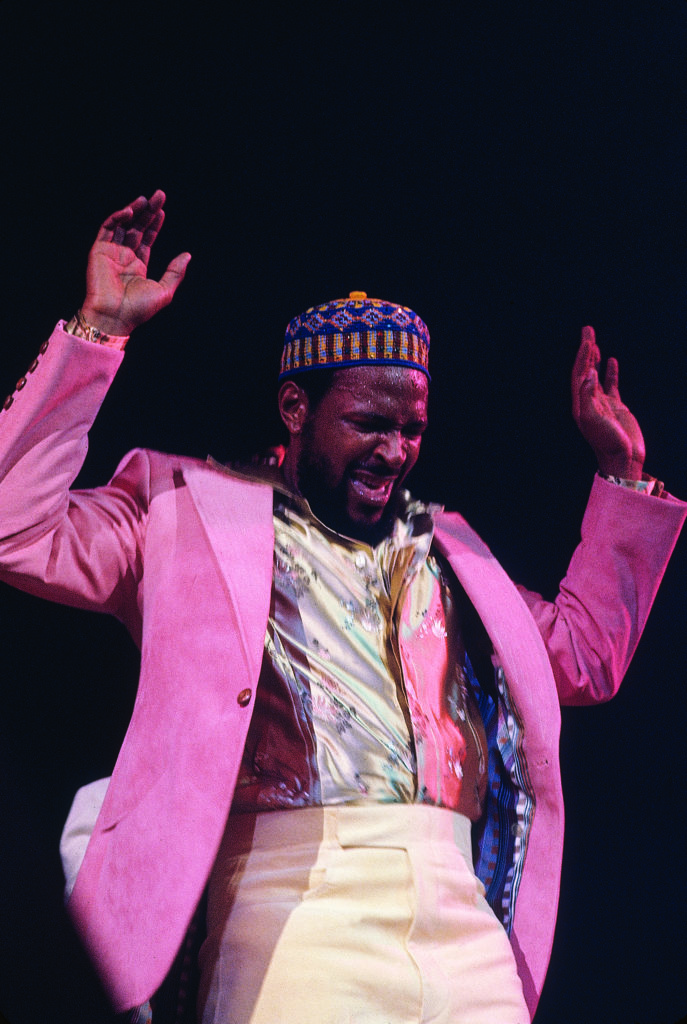
By Southwester Staff
Washington, DC-based musicians, leaders and activists are among the 37 prominent Black Americans featured in the Smithsonian’s National Museum of African American History and Culture’s new exhibit Spirit in the Dark: Religion in Black Music, Activism, and Popular Culture.
The exhibit examines Black religious life through a selection of photographs from the Johnson Publishing Company, publisher of Ebony, Jet and Negro Digest magazines. The images in the exhibition spotlight noteworthy individuals — including religious and political leaders, musicians, authors, athletes, activists and educators — and are supported by an array of objects from the museum’s collection, many on display for the first time.
Washington-born Duke Ellington and Marvin Gaye lead the list of the cast of stars in Blurred Lines: Holy | Profane which explores the connections of sacred music and popular music.
Bearing Witness: Protest | Praise shows religious leaders who were active in social justice movements, including protests and other events that took place within steps of the museum itself. Highlighting the exhibit include images of Bayard Rustin on the National Mall during the March on Washington for Jobs and Freedom on August 28, 1963. In addition, Mary Church Terrell, Washington’s trailblazing civil rights activist, suffragist, and educator is included with artists and internationally famous writers James Baldwin and Toni Morrison in Lived Realities: Suffering | Hope.
On view until November 2023, the exhibit includes an accompanying playlist of related music, available for free on Apple Music, Tidal and YouTube music.
In July 2022, a consortium comprising the Ford Foundation, The J. Paul Getty Trust, the John D. and Catherine T. MacArthur Foundation, the Mellon Foundation, and the Smithsonian Institution, announced the official transfer of ownership of the acclaimed Johnson Publishing Company archive to the Smithsonian National Museum of African American History and Culture (NMAAHC) and to the Getty Research Institute, a program of the Getty Trust.
The Getty Trust committed $30 million in support of the processing and digitization of the archive to make this preeminent collection available and searchable to scholars, researchers, journalists, and the general public.

